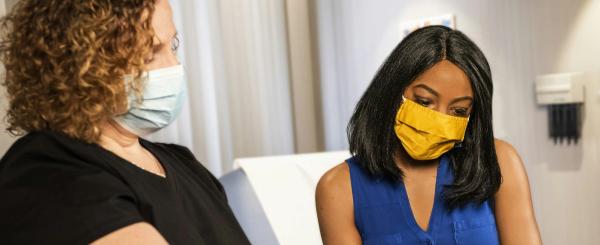
March is National Nutrition Month
March is National Nutrition Month, an annual campaign led by the Academy of Nutrition and Dietetics to promote healthy eating and informed food choices. It’s a great time to focus on building balanced meals, reading nutrition labels, trying new fruits and vegetables, and developing sustainable habits that support overall well-being. National Nutrition Month encourages everyone to make small, realistic changes—like cooking more at home or staying hydrated—that can lead to lifelong health benefits.
Programs for Every Stage of Life
Here to Help
Featured Services

Resources
Need a birth certificate?
We can help you request a birth or death certificate through Vital Records.
Latest News
Public Health Events
No upcoming events.


